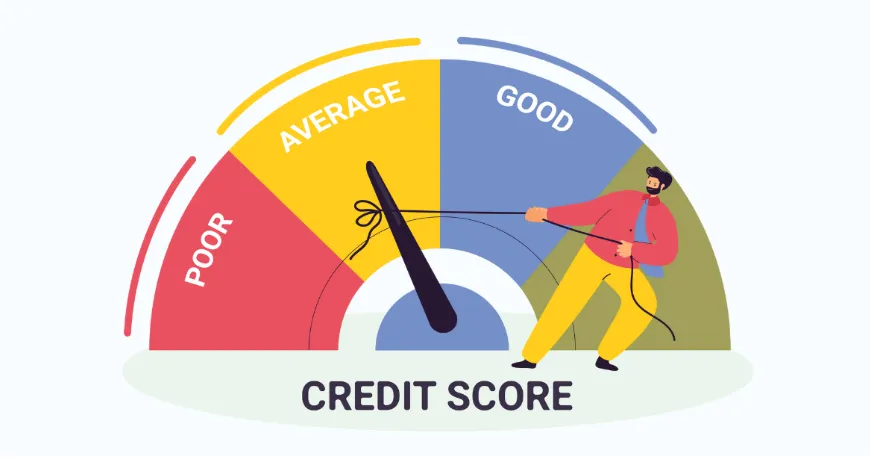
Understanding Credit Utilization: The Key to Boosting Your Credit Score
Your credit score is one of the most important numbers in your financial life, and credit utilization plays a significant role in determining it. But what exactly is credit utilization, and how can you manage it to improve your credit score? In this post, we’ll break down what you need to know about credit utilization and provide practical tips to help you maintain a healthy credit score.
What is Credit Utilization?
Credit utilization refers to the percentage of your available credit that you’re currently using. It’s calculated by dividing your total credit card balances by your total credit limits. For example, if you have a total credit limit of $10,000 and your combined balances across all your credit cards are $3,000, your credit utilization rate is 30%.
Why Credit Utilization Matters
Credit utilization is one of the key factors that credit bureaus consider when calculating your credit score. In fact, it accounts for about 30% of your score, making it the second most important factor after your payment history. A high credit utilization rate can signal to lenders that you’re over-reliant on credit, which may suggest that you’re a higher risk borrower. On the other hand, a low credit utilization rate indicates that you’re managing your credit responsibly.
Ideal Credit Utilization Rate
So, what’s the ideal credit utilization rate? Most financial experts recommend keeping your utilization rate below 30%. However, to achieve the best possible impact on your credit score, aim to keep it below 10%. Maintaining a low utilization rate shows that you’re using your credit wisely and that you have plenty of available credit, which can positively influence your credit score.
How to Improve Your Credit Utilization
Pay Down Balances: The most straightforward way to reduce your credit utilization is by paying down your existing credit card balances. Focus on paying off cards with the highest interest rates first to save money on interest, while also working to lower your overall debt.
Request a Credit Limit Increase: If you’ve been managing your credit responsibly, consider asking your credit card issuer for a credit limit increase. A higher credit limit can lower your utilization rate, as long as you don’t increase your spending.
Spread Out Your Spending: Instead of putting all your expenses on one card, spread your purchases across multiple credit cards to keep your utilization rate low on each one.
Make Multiple Payments: If possible, make multiple payments throughout the month instead of waiting until your due date. This can help keep your balance low when your credit card issuer reports to the credit bureaus.
Monitor Your Credit Report: Regularly check your credit report to ensure that your credit limits and balances are being reported accurately. Discrepancies could negatively affect your credit utilization and, in turn, your credit score.
The Long-Term Benefits of Managing Credit Utilization
By keeping your credit utilization rate low, you’re not only improving your credit score but also setting yourself up for long-term financial success. A higher credit score can lead to better loan terms, lower interest rates, and more opportunities for financial growth. Plus, responsible credit management can give you peace of mind and greater control over your financial future.
Credit Engagement is Here to Help
At Credit Engagement, we’re committed to helping you understand the factors that impact your credit score and providing you with the tools you need to achieve your financial goals. Whether you’re just starting to build credit or need help repairing a damaged score, our team of experts is here to guide you every step of the way.
Take Control of Your Credit Today
Don’t let a high credit utilization rate hold you back from the financial future you deserve. Contact Credit Engagement today to learn more about how we can help you manage your credit utilization and improve your credit score. With the right strategy and support, you can take control of your credit and unlock new opportunities.